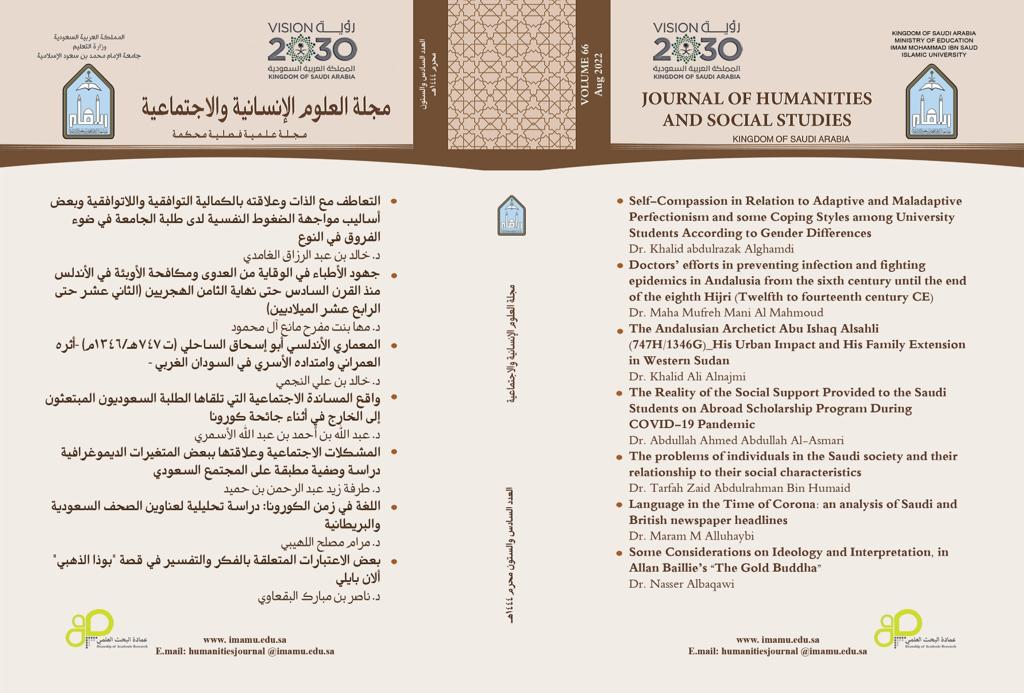Some Considerations on Ideology and Interpretation, in Allan Baillie’s “The Gold Buddha”
Keywords:
children's literature – Eastern character – ideology – post-colonialism - text interpretation – text reception– Western characterAbstract
This article tries to present a brief view of how literary works can be interpreted by readers, showing that multivocality always outweighs all attempts to control the meanings and connotations of texts due to various reasons. It focuses on the complexities of the relationship between literary works, their authors, and readers. It is true that every fictional work is imbued with its author's ideas, visions, or ideological perceptions, but that alone does not construct the message of the text. The reader has a fundamental role in the process of uncovering that message. Influenced by his socio-historical and cultural background, he or she is also a participant contributing to the work. This applies to young as well as adult readers. Based on these theoretical assumptions, the purpose of this study is to examine a children's story by the Australian writer Allan Baillie, displaying two opposite and, at the same time, possible readings of the text, each possibly appealing to different readers.




